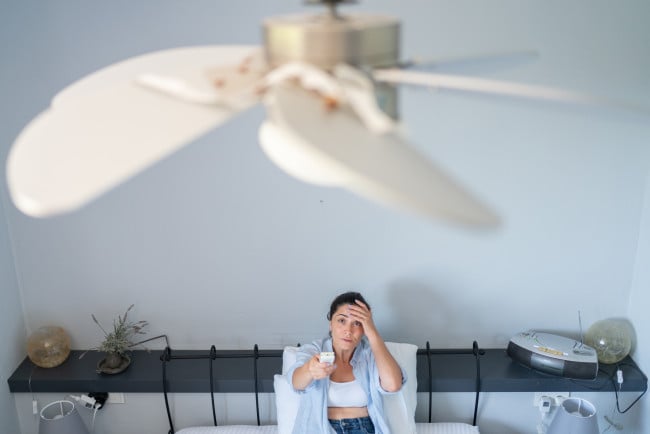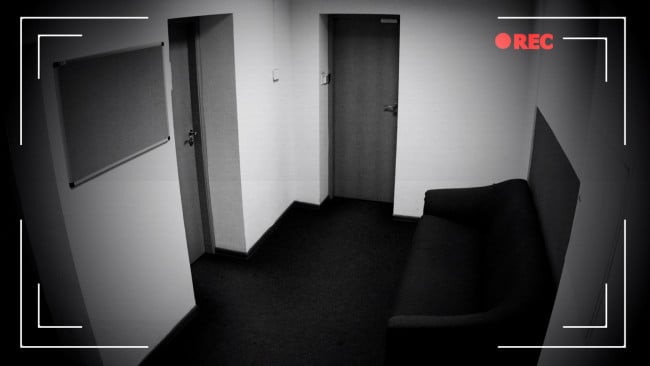Staying in a vacation rental this summer? Your host may be watching you closer than you think
- A new survey from Vivint found that 45 percent of hosts are taking extra safety precautions
- One in 10 rental hosts have hidden cameras or microphones that guests don’t know about
- One third of hosts say they screen guests by checking their social media profiles for red flags

Heading out of town? Over 40 percent of vacation rental hosts have had guests damage their property—and 23 percent say they think the damage was intentional.
iStock
Are you staying in a vacation rental this summer? You should be aware that many hosts are adding security measures and some may have their eyes on you—even before you leave New York City.
A new survey from home security company Vivint of over 400 vacation rental hosts found that 45 percent are taking extra safety precautions this summer because of bad behavior by prior guests. Over 40 percent of hosts have had guests damage their property—and 23 percent say they think the damage was intentional.
Vivint found that most hosts (70 percent) screen guests before allowing them to stay—for example, by requiring identification, verifying contact information, and checking previous reviews and ratings from other hosts.
One third of hosts say they screen guests by checking their social media profiles for any red flags that may indicate a potential problem. So you may want to clean up your feeds before requesting a booking for an in-demand location.
Vacation rental guests behaving badly
It may not seem fair that someone else’s bad behavior could play a role in your vacation—especially if you’re the type who does everything by the book, but apparently a few bad apples have spooked hosts.
Vivint heard from hosts who say the most common rules that guests break have to do with smoking, littering, bringing unauthorized guests, and damaging property. Hosts who had damages caused by guests reported spending an average of $553 on repairs.
Most of the measures that hosts take to ensure guests follow the rules seem reasonable. These include security deposits (43 percent), displaying house rules (41 percent), background checks (22 percent), and electronic locks with unique access codes (22 percent).
But video cameras appear to cross a line: One in 10 rental hosts have hidden cameras or microphones that guests don’t know about, according to Vivint’s report, which also surveyed over 600 guests. A majority of guests who responded (86 percent) say having security cameras in vacation rentals was an invasion of privacy, and 76 percent said they would not stay in a rental property if they knew there were cameras inside.
Hosts that admit to having cameras inside their rental were most likely to have them in areas like living rooms or hallways, but 7 percent of hosts with security cameras have them in bedrooms, and 2 percent have them in bathrooms, a Vivint spokesperson tells Brick.
Are cameras legal in a vacation rental?
The laws in many states allow a hidden video camera inside a residence without consent as long as it is not in an area where there is an expectation of privacy, like a bedroom or a bathroom.
But not all hosts follow the rules. If you want to find a hidden camera in a vacation rental, check out Brick’s advice.
Here’s a tip: Turn off all the lights, close the blinds and scan the surfaces with the flashlight on your phone. Get very close so you can detect a glint reflecting from a camera lens.
You Might Also Like



























